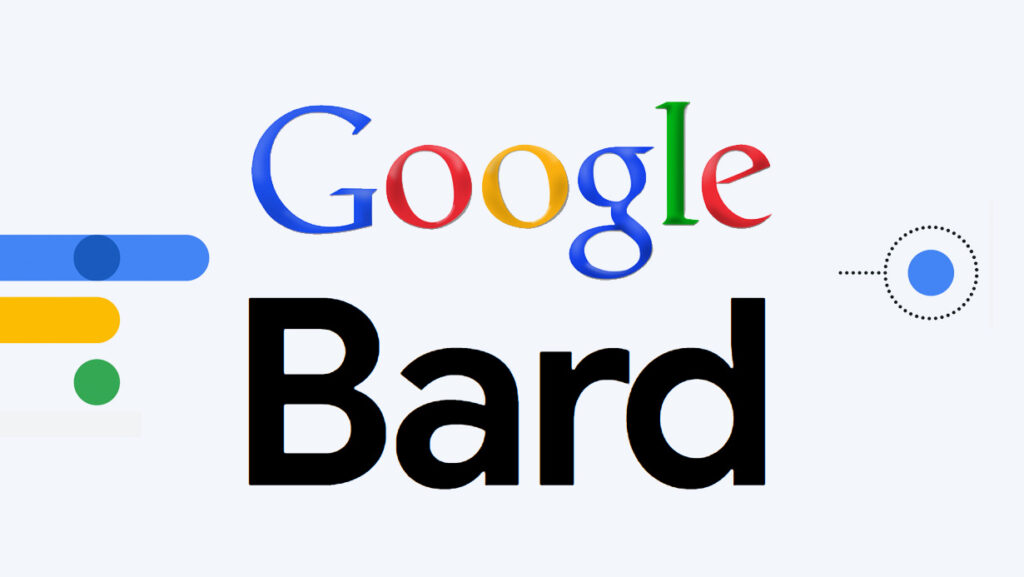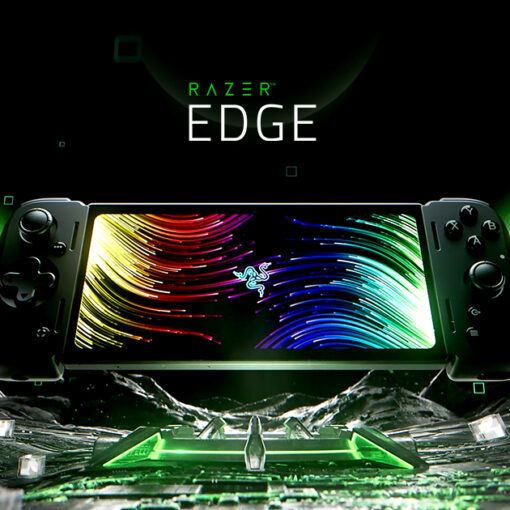
In the brief time since Google unveiled Bard, their “experimental conversational AI service,” people haven’t exactly been wowed. Those who have used it in comparison to OpenAI‘s ChatGPT and Microsoft’s Bing Chat (which is also powered by OpenAI’s GPT-4) have discovered that its responses are less educated and thorough than those of its competitors. But that might be about to change now that Google CEO Sundar Pichai has indicated that Bard will shortly switch from its present LaMDA-based methodology to more expansive PaLM datasets in the coming days.
Pichai responded when asked how he felt about the reactions to Bard’s release: “Clearly, our models are more effective. We will be updating Bard to some of our more robust PaLM models very soon, possibly as this goes online, which will add more possibilities, be it in reasoning or coding.”
When it released information on the language-based models last year, Google stated that it had trained LaMDA with 137 billion parameters to put the disparity into perspective. PaLM, on the other hand, reportedly had 540 billion parameters in its training set. Although both models may have developed and changed since the beginning of 2022, the contrast most likely demonstrates the reason why Google is currently gradually switching from Bard to PaLM because to PaLM’s larger dataset and more varied responses.
Pichai asserts that he is unconcerned about how quickly Google’s AI is evolving in comparison to its rivals. When Bard originally came out in February, its reliance on LaMDA was acknowledged as giving it a smaller scale, but he presented this as an advantage, providing more users the chance to test it out and provide comments. Pichai also made sure that once given access to accurate data, Google would conduct its own investigation of the reliability and caliber of Bard.
Pichai stated that Google doesn’t want to give a statement to that effect “Before we can be certain we can handle it well, we need a more capable model. We are all still in the very beginning phases. Over time, we’ll have even more powerful models to plug in. But I don’t want it to come down to just who arrives first; doing it properly is crucial to us.”
Almost 1,800 signatories to an open petition calling for a minimum six-month moratorium on the creation of AI technology “more powerful than GPT-4” share this concern. Signatories include tech CEOs and AI academics.
Pichai feels that there should be guidelines but does not believe that this can be done effectively without government involvement: “It would be inappropriate to not regulate AI. Furthermore, the area is too crucial to lack proper regulation. I’m delighted that these discussions are starting now.”



